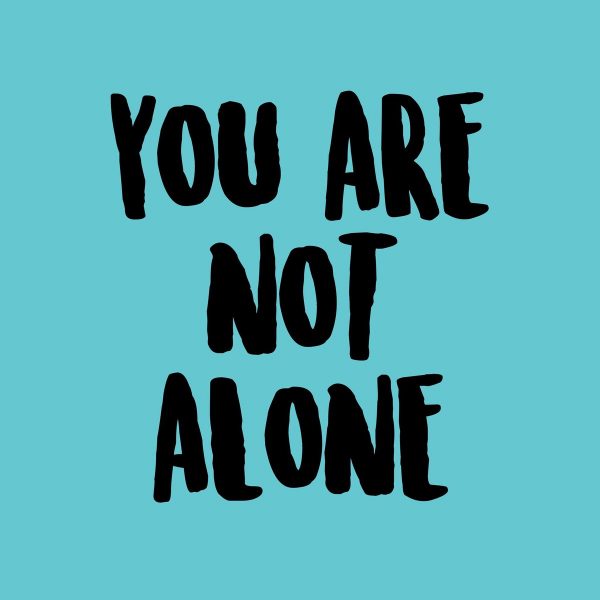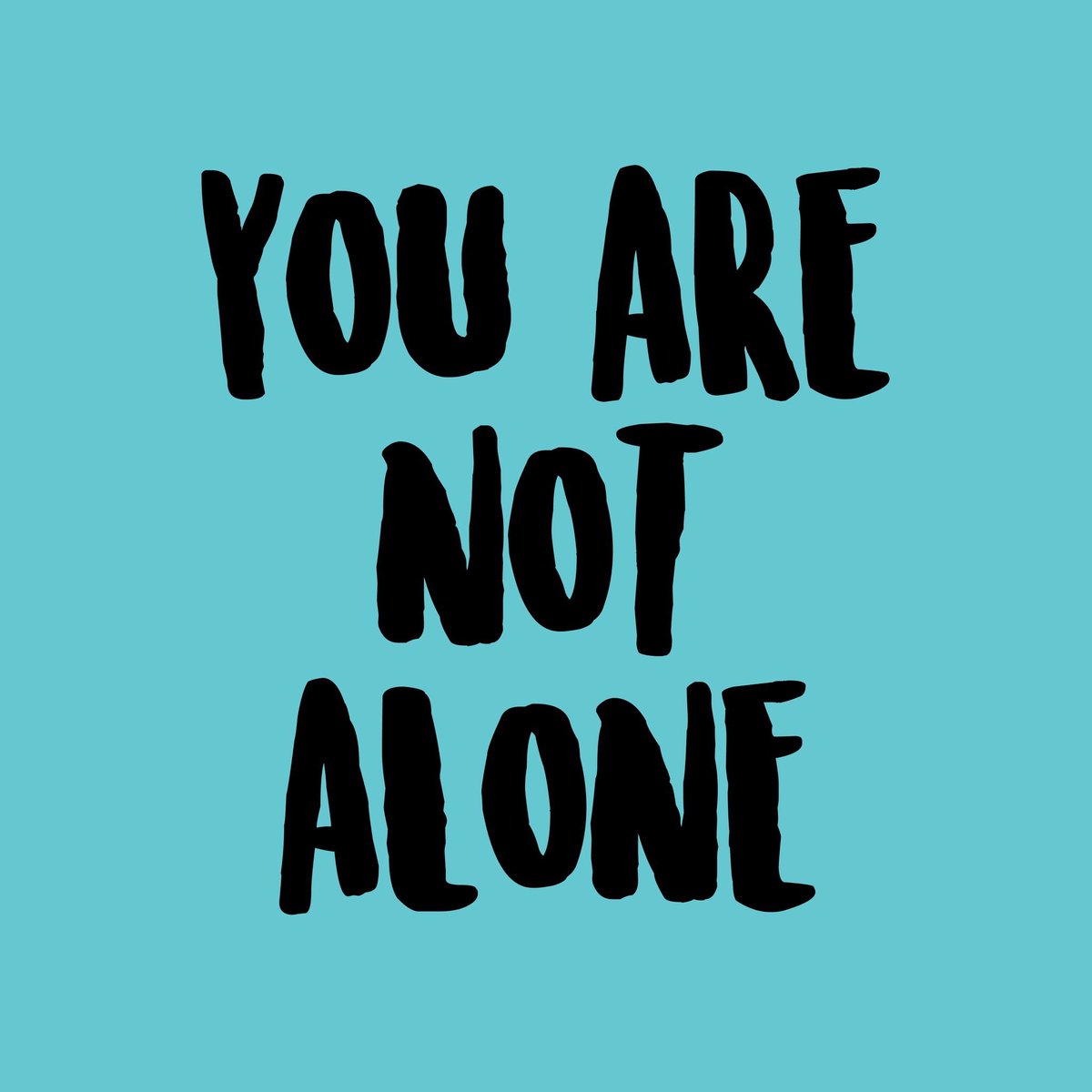
New Zealanders have a lot to be proud of and a lot that we should be totally ashamed of.
For a country that prides itself on its “Can do” attitude, it seems issues surrounding mental health are on the NZ “cant do” list.
It’s a subject we only seem comfortable speaking about in whispers to our closest of friends and even then, it’s fobbed off with the “she’ll be right mate” chant of the uncomfortable kiwi. Provisional statistics found 606 Kiwis took their own life in the 2016-17 year, up from 579 the previous year and 564 the year before that and the numbers show no sign of slowing this year.
More and more lately, my news feed is filled with friends crying at the passing of someone in their lives who has committed suicide. Nearly one a week at the moment it seems. It’s a depressing and dark reality of the world that we live in these days. But besides the momentary scroll past or a message of sympathy hurriedly typed, how much do seeing these tragic posts really affect our lives?
I think if we’re all honest, we’d say not that much. Most of us won’t spend days dwelling on it or change anything momentous in our lives because we read it. What does that say about us as a society?
I write this confessing that I am much the same, yet I have lived through mental health and come out the other side, so feel that I have some sort of obligation to not only share the tools that I learnt but also to start that conversation around mental health and ask you all to do the same.
Problem is, to tackle the issues around mental health, we must challenge the way that we have been doing things. Including our mental health systems and societal perceptions of what mental health is. I can only speak from my own experience and from that of others I have spoken to around me.
With New Zealand’s statistics reaching staggering heights and labeling us with horrific titles such as “No.1 in Teen suicide rates worldwide”, we can no longer afford to do the good old kiwi “don’t talk about it, then it doesn’t exist” type crap any more.
I have lived with PTSD and Anxiety from a young age. I am survivor and one of the lucky ones. Not all are so fortunate. Most go through their lives being mis-diagnosed either through medical incompetence around the subject, or because the patient themselves don’t feel comfortable enough to share everything.
I myself had 5 different diagnosis.
Doctors ‘go to’ answer to treat depression and mental illness is to shuffle people from one mind bending drug to another. As someone once described it to me, finding the right drug to treat someone’s specific conditions is like throwing oil at an engine and hoping some of it lands in the right place!
And that was my experience.
I tried everything that doctors threw at me. None of it worked. In fact 90% of the time, the side effects were more horrific than the way I was feeling to begin with.
This aside, the more horrific consequence of seeking medical help, is the label you then have. Every time you see anyone in the medical community after that, based on your records, you are immediately judged and everything you say is constantly questioned.
It’s like having a criminal record!
This is one of the major things that stops people reaching out for help. When you’re dealing with mental health, the last thing you need is more judgement, you’re already dealing with yourself as an abuser of judgmental hate.
This reflects in society as well. I remember once sitting with a guy I was seeing at the time, opening up to him about my struggles with my mental health and this guy spun around and called me disgusting! My mother called it “attention seeking behaviors”, her solution was to blame the behavior and not seek the root of the cause. They are probably on the extreme end, but I can tell you it’s a small taste of how people treat you. It’s a constant battle with your own head and feeling attacked from the outside world. And it really is, every day you are in a war fighting with yourself to survive.
The way we treat people with this illness is barbaric! And the fact that it’s not something that we talk about is just insanity. We must start seeing mental wellbeing as being something that is just as important as cancer prevention. Your mind is truly the only thing that defines you as you, if that is unwell… You are not you.
Mental health issues led to addiction issues for me, something that we see commonly throughout our society, no more well reflected than in our prison population with 80% of in mates suffering with mental health. I faced death long enough to get my arse sober and in doing so learnt tools that I could apply to my mental wellbeing. Tools that no one else had offered me and yet were so simple, they made complete sense.
The first was to gather a small support crew, people that I trusted and that had lives I wished to reflect. This was to stop myself isolating, something people struggling with mental health do all too well. Sounds simple, but when you’re in that place, forcing yourself to talk is harrowing. This skill is my number one go to these days.
Second tool I got was that cheesy serenity prayer. Learning to let go of the things and people I have no control of was one of the most freeing experiences of my life. A huge part of depression is telling yourself that everyone hates you and that no one would miss you if you were gone. It perpetuates the cycle of self-loathing.
Third was exercise and filling my life with things to achieve my goals. This once again was supported and spurned on by this community of people that I have gathered around me. It gave me purpose and drive. Hugely important things when your head is telling you that you’re a useless human being!
I have coupled all this with therapy (which is darn hard work but works if your truly honest with it) and most importantly laughter and joy in my life. I no longer beat myself up and drive myself into those dark recesses of my mind. I have to work hard to maintain it, to recognise patterns and deal with them each time once arises but the more I do it, the easier it gets.
I am coming up 2 years pharmaceutical free and honestly am the healthiest mentally I have been in my entire life. So simply achieved, why are we not teaching these tools to our children?
When dealing with mental health, the things proving themselves these days are the simple. Things like community, exercise, faith and nature. And in a world dominated by social media and screens, is it any wonder that we are desperate for reconnection with each other and the world around us. To really start tackling the problems of mental health in this country, means that we must reassess our actions. From the institutions dealing with it on the medical level, to our governmental prioritising of the issue and societal treatment of people who are suffering.
As uncomfortable as the subject is, time we start addressing this whispered killer who is claiming our loved ones. She won’t be right mate, unless we start making it right, open up to one another, ask questions to our government about what they are doing, ask questions of ourselves as to what we can be doing.
Vee Hoy: Working as a creative director, documentary maker, writer and artist, V lends her voice to everything from politics, lifestyle, culture, world affairs. She has lead a, at times interesting life, giving her a unique and fresh perspective. She also is is a public figure speaking out on subjects such as domestic violence, gender equality, addiction, mental health and is a strong advocate for cannabis reform.






Great story of survival.
Looking at many stories I draw a simple conclusion.
Suicide should be renamed Capiside.
Capitalism kills by internalizing it’s death wish onto suffering individuals.
So don’t give it the satisfaction.
Save yourself and your loved ones the grief.
Make capitalism do the suffering.
Kill capitalism, not yourself!
Well done, well said, and Kia Kaha Vee.
Congratulations on being pharmaceutical free! – most people (including the medical experts) don’t realise just how hard it is to withdraw from those things without suffering withdrawal effects
You have given me more insight into what my lovely sensitive son was feeling when he took his life 11 years ago. (We tried to help but overall his father and I were rubbish). Thank you Vee.
Please remove the reference to ‘father’ in the contribution above. I speak just for myself.
My wife is finally seeing a councilor at the age of 66 after having a massive meltdown after decades of trying to deal with a childhood of sexual abuse, rape and gang rape. She has had guilt and depression problems which I think are slowly improving. She is now pharmaceutical free and realises they kept her emotions suppressed without helping.
My daughter is seeing a councilor and is on antidepressants after a relative diddled her behind our backs for years. She has gone the exercise way and has dropped over 40 kgs and is doing quite well now 25 years later.
What a shithole of a country we seem to be.
I finally dropped alcohol, and the low dose antidepressant I have been on for decades after deciding it did bugger all. I feel better without them.
But I will carry an anger until the day I die.
Any correlation between pharmaceuticals and drug use with regards to suicides or attempted suicides ?
I believe suicide is linked to chemical imbalances in the body and the brain?
I am sure there is, are there any official/public statistics or reports available to peruse ?
Comments are closed.